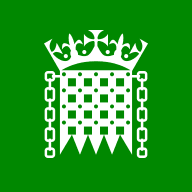There is a UK government petition to clarify when, legally, a developer can no longer support a game.
Of course games can become unplayable for all sorts of reasons, hardware and OS obsolescence for example are not the developers fault. There are lots of cases where this may apply though. Specifically it is important to make sure that consumers are clearly informed that a game that requires on-line connectivity to function can become unplayable at any time with no refund.
A PCGamer article clarifying this is here:

 www.pcgamer.com
www.pcgamer.com
The petition for the government to consider this is here.

 petition.parliament.uk
petition.parliament.uk
Of course games can become unplayable for all sorts of reasons, hardware and OS obsolescence for example are not the developers fault. There are lots of cases where this may apply though. Specifically it is important to make sure that consumers are clearly informed that a game that requires on-line connectivity to function can become unplayable at any time with no refund.
A PCGamer article clarifying this is here:

UK government responds to Stop Killing Games petition, and it's not good: 'There is no requirement in UK law' that forces companies to support old software
It's not the end of the line, but it has to be discouraging.
The petition for the government to consider this is here.

Petition: Require videogame publishers to keep games they have sold in a working state
Require publishers to leave videogames (and related game assets / features) they have sold to customers in a reasonably working state when support ends, so that no further intervention whatsoever is necessary for the game to function, as a statutory consumer right.
